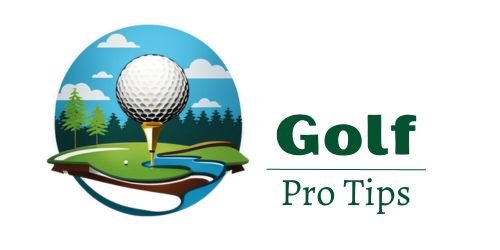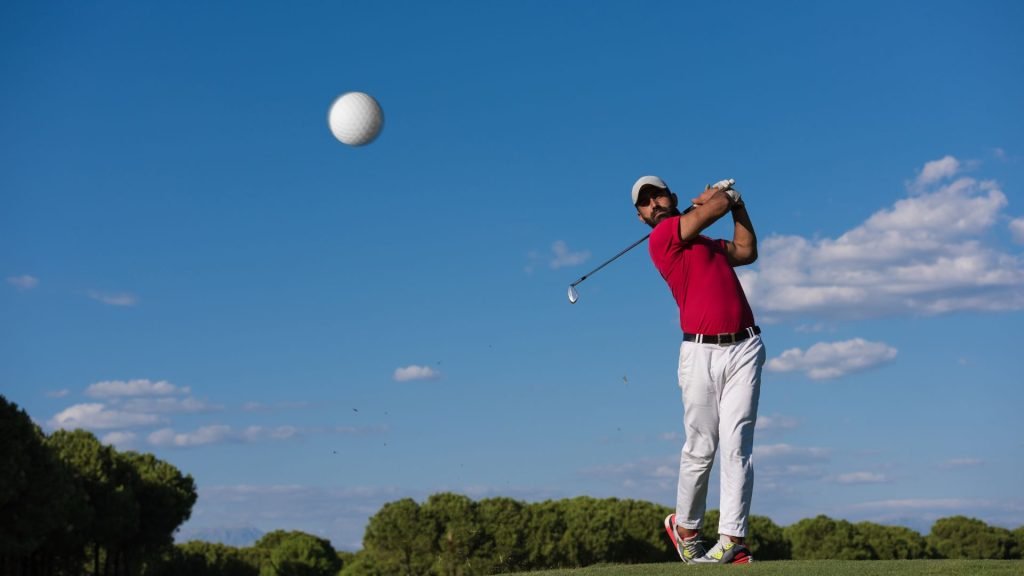
When it comes to golf, getting the perfect shot is the ultimate goal. But did you know that the type of golf ball you use can make a big difference? Whether you’re a seasoned golfer or just getting started, it’s crucial to know how your swing speed affects your choice of golf ball.
In golf, everyone’s different. Some people swing their clubs faster than others. Some might swing around 80-85 miles per hour, while others hit the 100 mph mark or even higher. To help you improve your game, we’ve put together this guide on finding the best golf ball for your speedy swing.
In this article, we’ll talk about swing speed and why it’s essential in golf. We’ll look at different swing speed ranges, like 80-85 mph, 90 mph, 95 mph, 100 mph, 100-105 mph, and 105 mph, and we’ll recommend the right golf balls for each range.
Also Read: Best Golf Ball for Seniors
But before we get into all that, let’s start by explaining what swing speed is and why it matters when you’re out on the golf course. So, grab your golf clubs, and let’s tee off into the world of golf ball selection that suits your swing speed perfectly.
Table of Contents
- 1 Understanding Swing Speed
- 2 Factors to Consider When Choosing a Golf Ball
- 3 Best Golf Balls for Fast Swing Speeds
- 3.1 Titleist Pro V1x: Best Golf Ball for 80-85 mph Swing Speed
- 3.2 Callaway Chrome Soft – Best Golf Ball for 80-85 mph Swing Speed
- 3.3 TaylorMade TP5 – Best Golf Ball for 90 mph Swing Speed
- 3.4 Srixon Z-Star – Best Golf Ball for 90 mph Swing Speed
- 3.5 Bridgestone Tour B X – Best Golf Ball for 95 mph Swing Speed
- 3.6 Mizuno RB Tour – Best Golf Ball for 95 mph Swing Speed
- 3.7 Titleist Pro V1 – Best Golf Ball for 100 mph Swing Speed
- 3.8 TaylorMade TP5x – Best Golf Ball for 100 mph Swing Speed
- 3.9 Callaway Chrome Soft X – Best Golf Ball for 100-105 mph Swing Speed
- 3.10 Titleist AVX– Best Golf Ball for 100-105 mph Swing Speed
- 3.11 Bridgestone Tour B XS – Best Golf Ball for 105 mph Swing Speed
- 3.12 Callaway ERC Soft – Best Golf Ball for 105 mph Swing Speed
- 4 User Preferences and Budget Considerations
- 5 Conclusion
Understanding Swing Speed
Golf swing speed is a crucial element in the game, and grasping its significance is the first step toward picking the perfect golf ball for your needs. In this section, we’ll break down swing speed, discuss how you can measure it accurately, and explore why it’s so vital when choosing a golf ball.
Defining Swing Speed and Its Impact
Imagine swing speed as the speedometer of your golf game. It measures how fast your golf club moves when you take a swing. This speed, usually measured in miles per hour (mph), has a significant impact on how your golf ball behaves when you strike it.
- Distance: If you swing your club faster, you generate more energy. This energy transfers to the ball, sending it flying farther down the fairway. So, for folks with fast swing speeds, a golf ball that can handle this extra energy and turn it into distance is crucial.
- Control: Speedy swings can sometimes result in less accuracy. That’s why control is equally important. You want a golf ball that doesn’t just go far but also goes where you want it to.
Also Read: Best Golf Ball for High Handicap Golfers
How to Measure Your Swing Speed Accurately
To find the right golf ball, you’ll first need to know your swing speed. Fortunately, there are several ways to measure it accurately:
- Launch Monitor: Some golf stores and fitting centers have fancy gadgets called launch monitors. They’re like high-tech speedometers for your swing. They can precisely measure your swing speed.
- Golf Pro: If you’re working with a golf instructor or a pro, they can watch your swing and give you a pretty good estimate of your swing speed based on their experience.
- Swing Speed Radar Devices: There are handheld devices designed specifically for measuring swing speed. These are great for golfers who want to keep tabs on their progress.
Different Swing Speed Categories
People swing their clubs at different speeds, and this matters a lot when choosing the right golf ball. Here are some common categories:
- 80-85 mph Swing Speed: If you fall into this category, you’ll want a ball that balances distance and control. These balls often have a softer feel.
- 90 mph Swing Speed: For those with a 90 mph swing speed, golf balls that give you both distance and control are the ticket.
- 95 mph Swing Speed: Here, you’re looking for a ball that maximizes distance while maintaining control.
- 100 mph Swing Speed: Golfers in this category benefit from balls that offer both speed and spin, giving you the best of both worlds.
- 100-105 mph Swing Speed: This range calls for golf balls that can handle higher speeds while still providing control and distance.
- 105 mph+ Swing Speed: If you swing at over 105 mph, you need a ball that can handle the heat, going long and straight while not getting out of control.
Also Read: Best Golf Balls for Mid Handicappers
Understanding your swing speed is like knowing your car’s engine size; it helps you choose the right fuel. In the following sections, we’ll explore specific golf ball options for each swing speed category. This will empower you to make an informed decision, ensuring that your golf ball complements your playing style and helps you achieve your golfing goals.
Factors to Consider When Choosing a Golf Ball
Compression: Finding the Right Balance
Understanding Compression:
Compression is a crucial factor when picking the right golf ball. It’s basically how squishy or hard the ball is when you hit it. Different compression levels affect how the ball responds to your swing.
Low Compression Balls (80-85 mph):
These golf balls are like the soft pillows of the golf world. They’re perfect for golfers with slower swing speeds, like 80-85 mph. The softness helps get more distance and control for these players.
Mid-Compression Balls (90-95 mph):
If your swing speed is in the 90-95 mph range, you’re in the mid-compression zone. These golf balls give you a nice balance between distance and control.
Also Read: Best Golf Balls for Beginners
High Compression Balls (100+ mph):
For those with faster swings, 100 mph or more, high-compression balls are your go-to. They’re firmer and can handle the power, so you can get the most out of your swing.
Cover Material: Urethane vs. Surlyn
Urethane Cover Golf Balls:
Urethane-covered golf balls are like the Rolls-Royces of golf balls. They provide exceptional feel and control, making them favorites among advanced players. These balls are perfect for those who want to shape their shots and have precise control over the ball’s spin.
Surlyn Cover Golf Balls:
Surlyn-covered golf balls are like the reliable workhorses. They are known for their durability and affordability. If you’re looking for distance and longevity, especially if you tend to lose a lot of balls, Surlyn-covered golf balls are a smart choice.
Also Read: Best Golf Ball Under $30
Hybrid Cover Golf Balls:
Hybrid cover golf balls are the best of both worlds. They combine the benefits of urethane and Surlyn. You get a decent amount of feel and control without sacrificing too much durability. These are great for players who want versatility.
Dimples and Aerodynamics: Maximizing Flight Efficiency
Dimple Design Explained:
The little dimples on a golf ball aren’t just for show. They play a vital role in how the ball flies through the air. The patterns and placement of these dimples impact the ball’s aerodynamics, affecting distance and accuracy.
Aerodynamic Considerations for Slower Swings (80-85 mph):
If you swing in the 80-85 mph range, you’ll want a ball that maximizes lift and carry. Look for golf balls with specialized dimple designs that help these moderate swing speeds achieve more distance.
Aerodynamic Considerations for Faster Swings (100+ mph):
Faster swings generate more force, and that means you’ll want a golf ball that reduces drag and maintains stability. This ensures that your shots stay accurate even with the added power.
Also Read: Evolution of Golf Ball Technology
D. Spin Rate: Achieving Control and Distance
Low Spin Balls:
Low spin balls are like your trusty GPS. They help keep your shots straighter and reduce unwanted sidespin. These are fantastic for players who want more accuracy and less curve in their shots.
Mid Spin Balls:
If you’re looking for an all-around performer, mid-spin balls are your best bet. They provide a nice balance of spin for versatile play, making them suitable for a wide range of golfers.
High Spin Balls:
High spin balls are like the artists’ brushes of the golf world. They let you shape your shots with precision, making them perfect for advanced players who want to control the trajectory of their shots.
Also Read: Best Golf Ball For Accuracy
Feel and Feedback: The Intangible Connection
Importance of Feel in Golf Balls:
The feel of a golf ball is like the connection between a musician and their instrument. It’s that intangible sense of how the ball responds to your touch that can boost your confidence on the course.
Soft Feel Golf Balls:
Soft feel Golf balls are like silk on the greens. They provide a gentle touch and help with delicate shots around the green. These are often favored by players who want a more cushioned feel.
Firm Feel Golf Balls:
Firm-feeling golf balls are like the solid handshake of the golf ball world. They give a strong response, which can be ideal for players with powerful swings.
Also Read: How Golf Ball Design Impacts Greenside Control
Best Golf Balls for Fast Swing Speeds
Golfers with fast swing speeds often find themselves in search of the perfect golf ball that can complement their powerful swings and help them achieve optimal performance on the course. It’s essential to understand that not all golf balls are created equal, and choosing the right one can have a significant impact on your distance, accuracy, and overall game. In this section, we’ll explore the best golf balls tailored to various fast swing speeds, ranging from 80-85 mph, 90 mph, 95 mph, 100 mph, 100-105 mph, and 105 mph.
Titleist Pro V1x: Best Golf Ball for 80-85 mph Swing Speed

The Titleist Pro V1x stands as a pinnacle in golf ball technology, catering specifically to golfers with swing speeds in the 80-85 mph range. Renowned for its exceptional feel and control, this golf ball combines a soft touch off the clubface with an impressive distance and spin control, providing players with the ideal blend for optimizing their performance. The Pro V1x is a testament to Titleist’s commitment to delivering top-notch quality for players who seek both precision and power in their game.
Callaway Chrome Soft – Best Golf Ball for 80-85 mph Swing Speed

Engineered for golfers with swing speeds in the 80-85 mph range, the Callaway Chrome Soft is a standout choice. Featuring a low compression core, this golf ball strikes a perfect balance between distance and control. Golfers can expect a consistent performance, as the Chrome Soft delivers reliable results off the tee and on approach shots. With its soft feel and remarkable playability, this ball remains a trusted companion for players aiming to enhance their overall golfing experience.
TaylorMade TP5 – Best Golf Ball for 90 mph Swing Speed
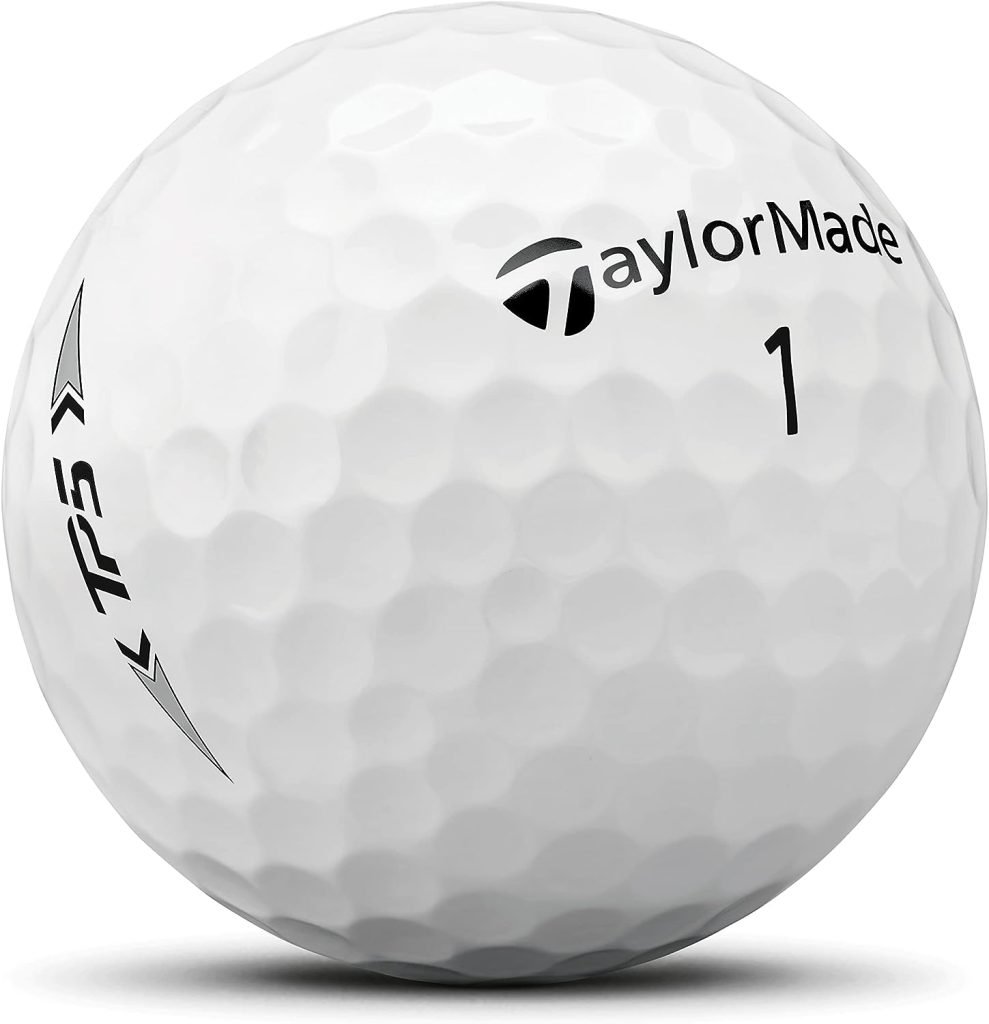
Tailored to meet the needs of golfers with a swing speed of 90 mph, the TaylorMade TP5 is a technological marvel. Engineered for high launch and low spin, this golf ball ensures impressive distance and greenside control. The TP5 is a reliable choice, providing golfers with the confidence to tackle various aspects of the game. Its advanced features make it a favorite among players who demand excellence and consistency in their performance.
Srixon Z-Star – Best Golf Ball for 90 mph Swing Speed
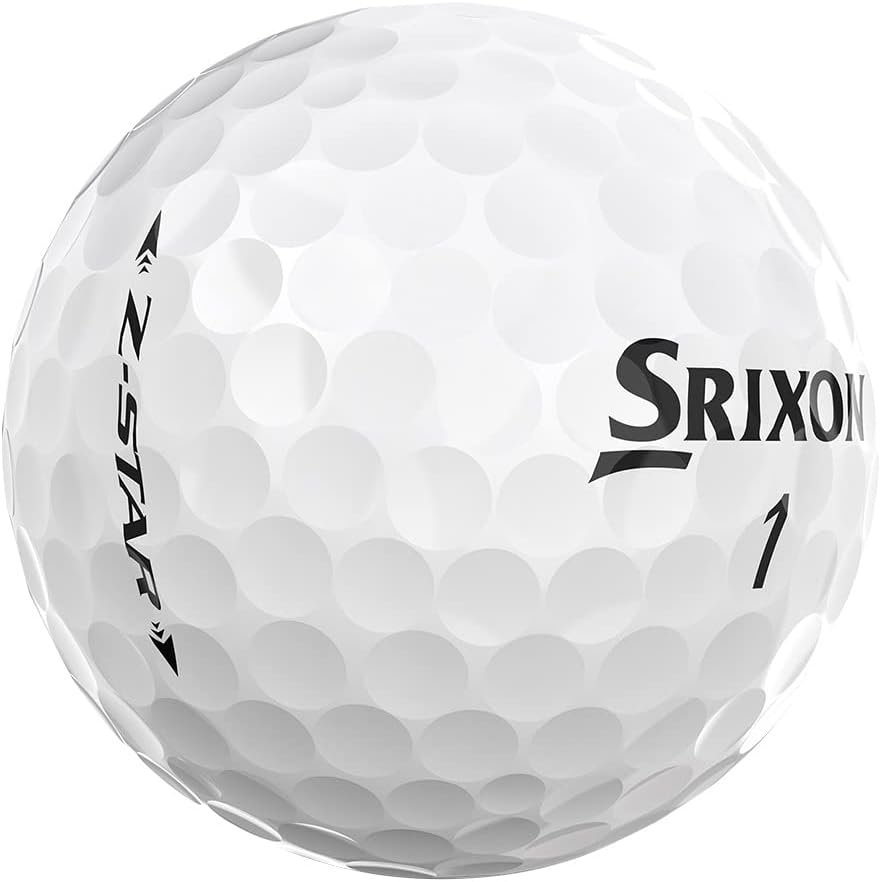
Designed with precision for the mid-range swing speeds of around 90 mph, the Srixon Z-Star is a golf ball that seamlessly blends soft feel with optimal control. Golfers choosing the Z-Star can expect a dependable performance on the course, ensuring that each shot is executed with the precision and confidence needed to improve their overall game. With a focus on delivering consistent results, the Srixon Z-Star is a trusted companion for golfers seeking reliability in their equipment.
Bridgestone Tour B X – Best Golf Ball for 95 mph Swing Speed

For golfers with a swing speed of 95 mph, the Bridgestone Tour B X is a go-to choice. This golf ball is engineered to provide extra distance and reduced spin, catering to the specific needs of players in this swing speed category. With a balanced combination of distance off the tee and control on approach shots, the Tour B X stands as a testament to Bridgestone’s commitment to precision and performance for golfers seeking an edge in their game.
Mizuno RB Tour – Best Golf Ball for 95 mph Swing Speed
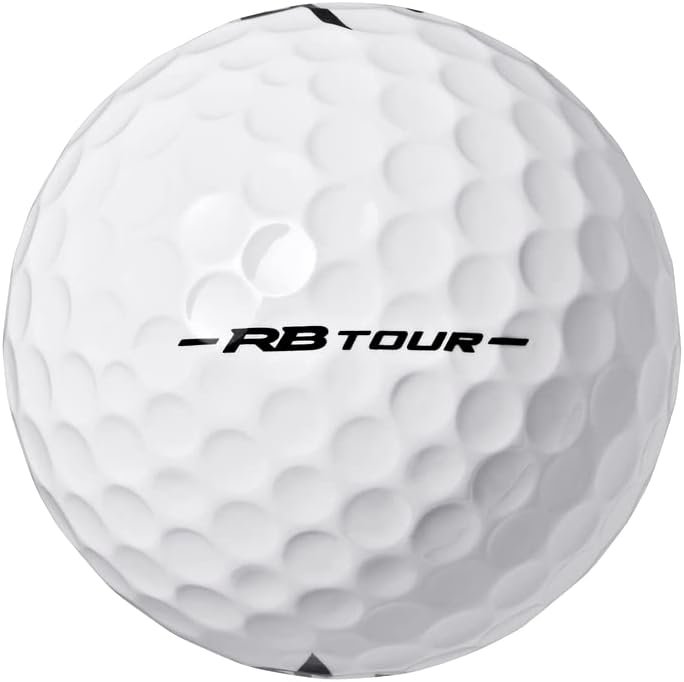
For golfers with a swing speed of 95 mph, the Mizuno RB Tour is designed to deliver consistent and reliable performance. This golf ball emphasizes precision, ensuring that each shot is executed with the accuracy needed to navigate the course effectively. The RB Tour embodies Mizuno’s dedication to providing golfers with the tools to elevate their game, offering a soft feel and the confidence to take on any golfing challenge.
Titleist Pro V1 – Best Golf Ball for 100 mph Swing Speed
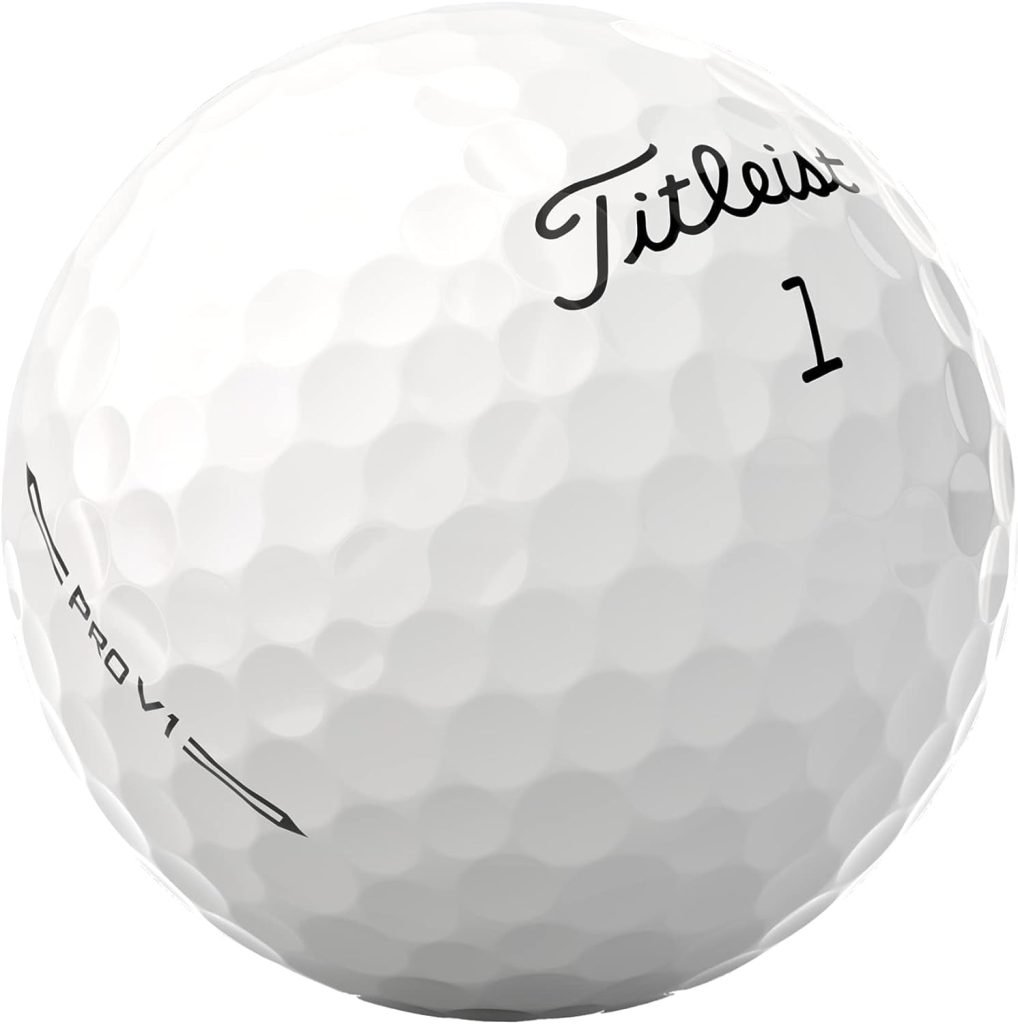
The Titleist Pro V1 is a versatile choice for golfers with a swing speed of 100 mph. Known for its exceptional all-around performance, this golf ball delivers not only remarkable distance but also greenside spin and control. Titleist’s Pro V1 is a trusted companion for skilled players seeking a ball that adapts to various facets of their game, providing the consistency and reliability needed to perform at the highest level.
TaylorMade TP5x – Best Golf Ball for 100 mph Swing Speed

Specifically designed for golfers with higher swing speeds around 100 mph, the TaylorMade TP5x is the epitome of power and control. Offering maximum distance and control, this golf ball is engineered to meet the demands of players who generate higher swing speeds. With its advanced features and technological innovations, the TP5x ensures that golfers can fully capitalize on their power, delivering exceptional results on every swing.
Callaway Chrome Soft X – Best Golf Ball for 100-105 mph Swing Speed

Ideal for golfers in the 100-105 mph swing speed range, the Callaway Chrome Soft X boasts a firmer feel and low spin characteristics. This golf ball is designed to provide an optimal balance between distance and control, ensuring that players in this swing speed category can achieve the perfect blend for their game. With its advanced features, the Chrome Soft X stands as a testament to Callaway’s commitment to innovation and performance.
Titleist AVX– Best Golf Ball for 100-105 mph Swing Speed
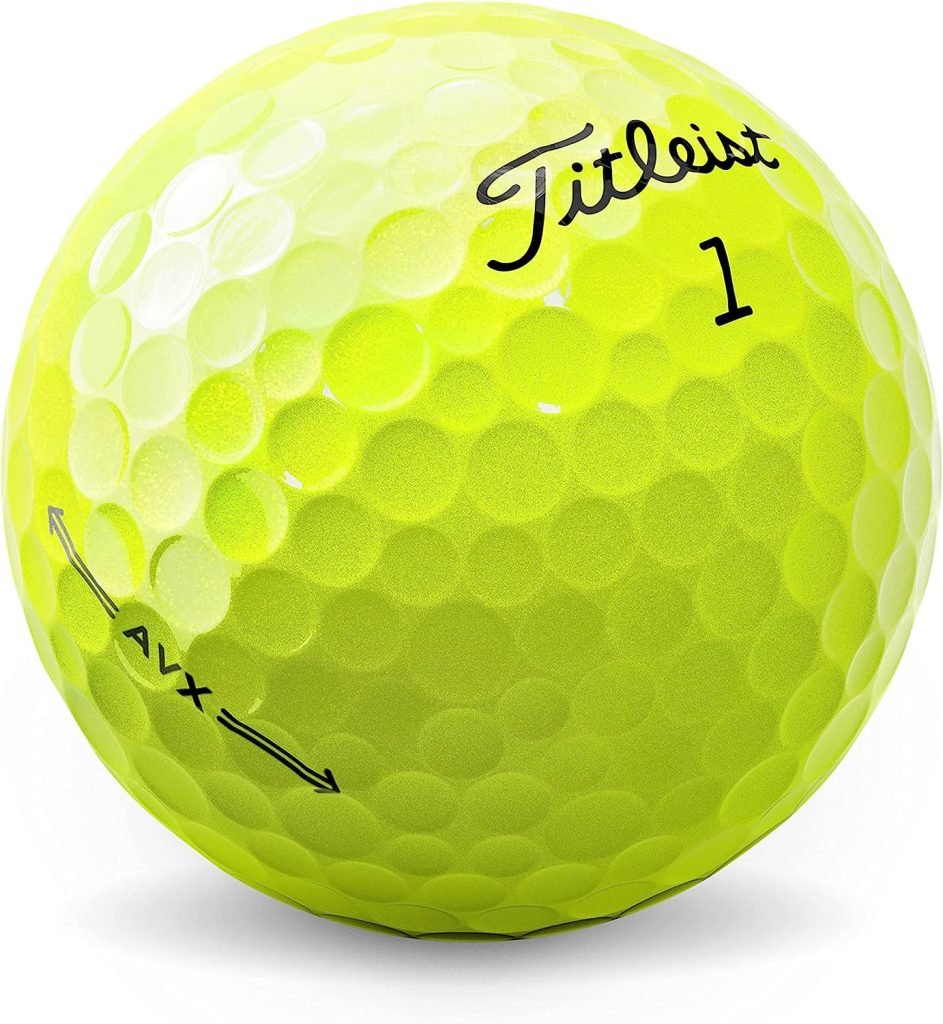
Golfers with swing speeds in the 100-105 mph range will find the Titleist AVX to be a perfect fit. This golf ball offers a softer feel with lower spin off the tee, providing a consistent and reliable performance on the course. The AVX embodies Titleist’s dedication to providing golfers with options that cater to their specific needs, ensuring that players can achieve the desired combination of distance and control.
Bridgestone Tour B XS – Best Golf Ball for 105 mph Swing Speed
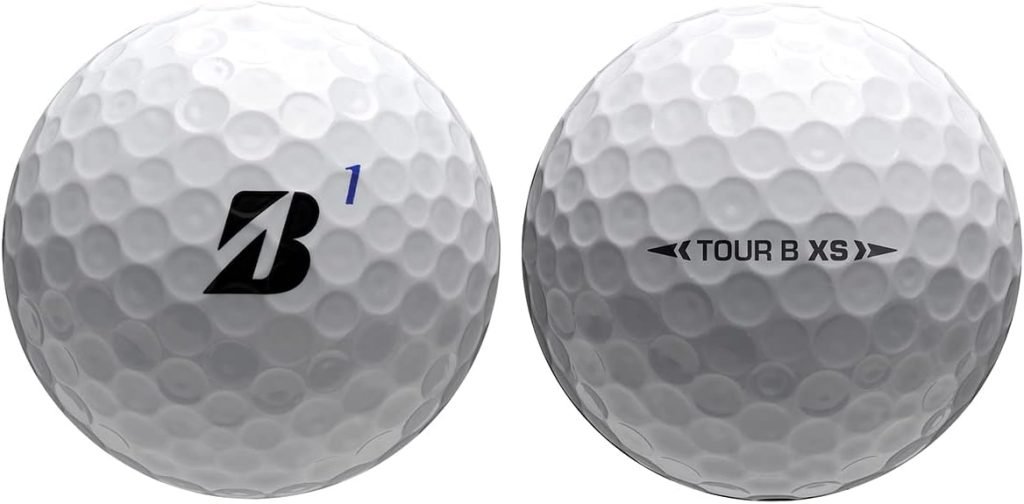
Tailored for golfers with a swing speed of 105 mph, the Bridgestone Tour B XS is designed to deliver impressive distance and accuracy. This golf ball offers a balanced combination of feel, control, and performance, making it a go-to choice for players seeking an edge in their game. With its advanced technology, the Tour B XS is a testament to Bridgestone’s commitment to precision and excellence in golf ball design.
Callaway ERC Soft – Best Golf Ball for 105 mph Swing Speed

Engineered for maximum distance and control, the Callaway ERC Soft is an excellent choice for golfers with a swing speed of 105 mph. This golf ball is designed to provide the consistency and precision needed to tackle the challenges of the course effectively. With its advanced features and cutting-edge technology, the ERC Soft stands as a testament to Callaway’s commitment to innovation and performance for golfers seeking an optimal balance in their game.
User Preferences and Budget Considerations
Selecting the ideal golf ball for your fast swing speed is not solely a matter of examining performance metrics; it also entails considering your personal preferences and budget constraints. This section will delve into how these factors can substantially influence your decision-making process.
Also Read: Golf Ball Myths vs. Facts
The Role of Personal Preferences:
- Feel and Sound: The tactile experience and auditory feedback upon impact can greatly influence a golfer’s preference. Some golfers favor the soft feel and muted sound of certain golf balls, while others lean toward a firmer sensation and a more pronounced click upon striking the ball. It’s essential to experiment with different balls to determine which aligns best with your sensory preferences.
- Flight Trajectory: The trajectory of the golf ball can impact how comfortable and effective it feels to you. While some golfers prefer a high, soaring trajectory, others gravitate towards a lower, penetrating flight path. Your chosen golf ball should assist you in achieving the trajectory that suits your playing style and comfort.
- Spin Control: The level of spin control can significantly affect your game. Balls with higher spin provide greater control around the greens, aiding in precision shots. However, they may demand more advanced skill to master. In contrast, lower-spin balls may offer additional distance but require more exacting shot placement.
- Durability: Consider how long a golf ball maintains its peak performance. Some golfers don’t mind frequently replacing balls, while others prefer a ball that remains viable over multiple rounds without noticeable wear. Assess your playing habits and durability expectations when making a choice.
Balancing Performance with Budget Constraints:
- Premium vs. Value: Golf balls come in a diverse price range. Premium balls often incorporate cutting-edge technology and offer superior performance, but they can be relatively costly. Value balls, on the other hand, deliver respectable performance at a more affordable price point. Your budget plays a pivotal role in determining the best golf ball for you.
- Buying in Bulk: For frequent golfers who go through balls rapidly, buying golf balls in bulk can lead to cost savings per ball. This is an economical strategy for those who hit the course regularly.
- Discounts and Sales: Staying vigilant for discounts and sales from golf ball manufacturers and retailers can be a strategic way to acquire quality balls at reduced prices. Periodically, promotions offer an opportunity to stock up on preferred golf balls without breaking the bank.
- Used Golf Balls: Some golfers are open to the idea of using gently used golf balls. These can be significantly more budget-friendly than new balls. However, it’s crucial to ensure they are in good condition, free from cuts or damage, before purchase.
Also Read: Golf Ball Care and Maintenance
Importance of Trying Out Different Balls:
- Demo Days and Fittings: Participating in demo days and club fittings at golf courses and stores allows you to sample a variety of golf balls and assess how they perform with your unique swing. This hands-on approach provides valuable insights into which ball suits you best.
- Sample Packs: Several manufacturers offer sample packs containing assorted ball models. These packs present an economical means of experimenting with different options before committing to a full dozen.
- Track Your Results: Maintain a record of your performance with various golf balls. Take note of how each ball feels and performs during rounds, especially those where you perform exceptionally well. This meticulous tracking can aid in your decision-making process.
Conclusion
To wrap it up, finding the right golf ball for your fast swing speed is a crucial step in improving your game. We’ve delved into the important factors you should think about when picking a golf ball, like compression, cover material, dimples, spin rate, and feel. All of these elements can greatly impact your performance on the golf course.
Whether your swing speed is in the 80-85 mph, 90 mph, 95 mph, 100 mph, 100-105 mph, or 105 mph range, there’s a golf ball designed to suit your needs. We’ve highlighted some top choices for each category, making it easier for you to choose based on your swing speed and what you like.
But remember, while these suggestions are helpful, your personal preferences also matter. Each golfer has their own unique style and feel for the game. So, don’t be afraid to try out different golf balls to find the one that just feels right when you swing.
In the end, the best golf ball for you is the one that makes you feel confident, gives you better control, and helps you hit longer shots. Armed with the information from this guide, you can start your search for the perfect golf ball for your fast swing speed and watch your golf game improve.
Thanks for joining us on this journey to discover the best golf balls for fast swing speeds. We hope this information helps you score more birdies and eagles on the course.
